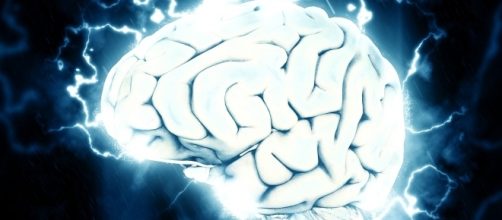nootropics are substances that improve cognitive functions. Also called Smart Drugs or cognitive enhancers, nootropics improve short and long term memory, creativity, focus and motivation. While there is still a stigma attached to using brain supplements, most people consume a few "smart drugs", on a daily basis. Caffeine and nicotine, for example, can be considered nootropics, since they enhance focus and short-term memory.
The science and classification of smart drugs
Most nootropics work on a similar principle. They increase blood flow, therefore increasing the amount of oxygen in the brain, improve the connection between different parts and different hemispheres of the brain and support processes vital for optimal brain function.
Smart drugs can be classified into three categories: stimulants, racetams and dietary supplements. Nicotine and caffeine, for example, are stimulants. So are drugs used to treat ADHD, such as Adderall. Racetams (piracetam, aniracetam and oxiracetam are the most commonly used compounds) are sold over-the-counter and meant to improve cognition, including focus, short and long term memory, alertness and more. And lastly, things like Ginseng and Ginko biloba are considered dietary supplements. It's important to note that the evidence to support the use of most of these drugs and compounds is unclear.
The subculture
The use of smart drugs and biohacking has become more than just a passing fad -- it has evolved into a subculture.
There are quite a few popular, specialized websites and message boards, focused on smart drugs. For example, the /r/nootropics community on Reddit has more than 100,000 subscribers.
Members of these communities compose their own nootropic "stacks" (a combination of smart drugs they think works together well) and use them on a daily basis. These people are practically voluntary lab rats, testing and reviewing smart drugs. Most of them are absolutely certain of their positive effects and feel like these substances have helped them and turned them into happier, more productive individuals.
As long as scientific studies about most of these substances remain inconclusive, these voluntary lab rats will continue to be our only way of knowing whether a smart drug actually works or not. Are nootropics a window into the future or just another passing fad? Time will tell. Until then, it's better to wait it out than risk harming your mental and physical health.


